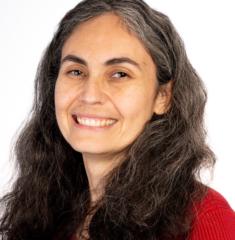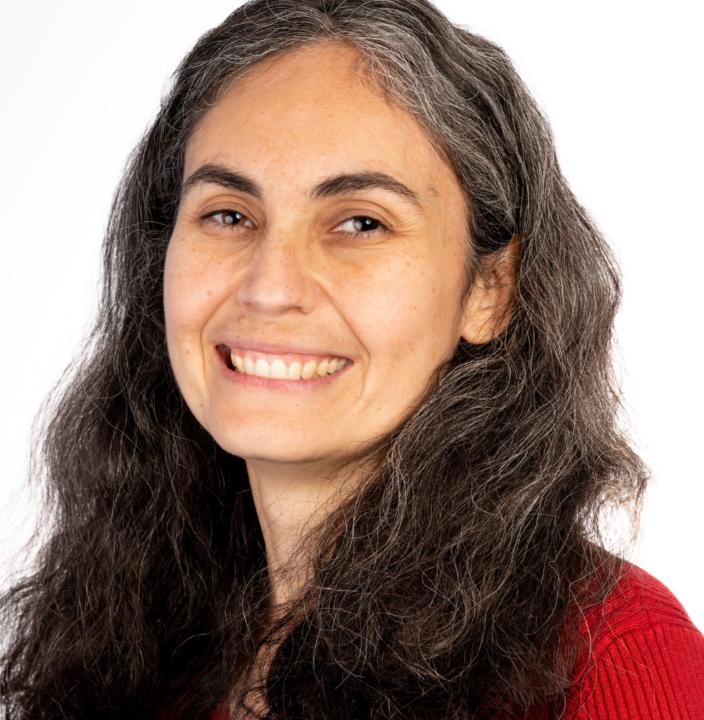Activity
Mon
Wed
Fri
Sun
Oct
Nov
Dec
Jan
Feb
Mar
Apr
May
Jun
Jul
Aug
Sep
What is this?
Less
More
Memberships
Relationship to Reconciliation
35 members • Free
13 contributions to Relationship to Reconciliation
Lesson 12 Reflection
I am US-based so some of this may be different where I am, but I have heard most of these words (not "Don't go Indian on me" or "Cheque Day/Treaty Day." I was surprised by a couple of explanations because they are even MORE racist the way I learned them: for me growing up, "Indian giver" implied someone gave you something and then took it back "the way an Indian does." I thought this emerged from a European perception that an Indian would give or sell land or another resource and then say, "no that's not yours permanently." I believe it stemmed from different beliefs about land ownership as well as who has the right to give or sell something (again, this is my US-based perspective because I'm ignorant about Canada and am trying to learn) but many tribes (and I assume bands), had overlapping use of land, so no individual tribe/band could give or sell it. Europeans would "buy" it from one person or tribe/band who didn't represent others. The other one that I heard in an even more racist way is "Circling the wagons" -- which as I heard it is what Natives would do to settlers going out west to attack them. I am not sure if those are US/Canadian differences or maybe the explanation I was given growing up was not typical. I also learned through the video that I had taken for fact a misconception I read online about totem poles. I had read that the bottom position is one of strength because it holds up the others. Thank you for correcting this for me.
0
0
Lesson 10 Reflection
Answer the following questions. Share your answers in the community. Q: Patience - When it comes to building relationships, how patient are you with yourself and others? How could you improve? A: I think I could improve by not jumping to conclusions about what others think of me. For example, if I reach out to someone via email or LinkedIn and don't get a response, I have a voice in my head that says it's because people see me as intrusive because I'm not Native or I said something wrong, but the vast majority of the time it's probably because people are busy. Q: Awareness - How aware are you of the issues being faced by the Indigenous communities you will be working with? How can you improve? A: I try to listen and observe and be aware, but there are still things that I don't see and don't "feel" myself so I have to constantly try to put myself in someone else's shoes. The example Sandi gave about why someone might be late is a great example. Q: Tenacity - How likely are you to "keep going" even if you make a mistake while building relationships? How can you improve? A: I have been working with Tribal Nations since 2010 and am still going. In my current role I am more directly interacting with people (before I was mostly doing office work), and relationship building is more important. It is honestly very embarrassing when I make a mistake, but I try to not beat myself up too much and just keep reflecting and learning. Q: Humility - How humble are you? Are you comfortable with learning? Do you leave your ego at home? How can you improve? A: I think I'm pretty good in those areas, but sometimes I think I know the answer and then realize I don't, which is always embarrassing.
0
0
Lesson 10 Reflection
I think I can prove I'm not a cat by taking the effort to educate myself as much as possible so I can act in ways that don't force Indigenous people to have to educate me themselves. Also to recognize that sometimes I absolutely am a cat without meaning to be/realizing it, and listening when people point it out to me. For example, I started an online education business that focuses on workforce and governance training for tribal nations and named it "ndgenius." I met an amazing Muscogee Creek woman who was brave enough to point out to me why that was inappropriate, and suggested I either change the name and expand the focus to tribal and non-tribal education, or partner with an Indigenous partner or partners and become a Native-owned business (I am going the 2nd route). It took a lot of courage for her to educate me, so I am trying to put in more work myself so others won't need to do that work.
0
0
Lesson 9 Reflection
This lesson (where we took the privilege test) was really interesting to me in thinking about my own identity. I am 1/2 Turkish and 1/2 Mixed European descent (USA citizen by birth and currently) and grew up being asked what I "was." My dad told me Turks are Caucasian, which means White, so I grew up identifying that way and "correcting" people when they told me I was not White. I took this same privilege test in a Sociology class in college, when I self-identified as White. Shortly after, I became friends with some Navajo students who informed me that it doesn't matter if Turks are "Caucasian" or not, nobody sees me as White. It was honestly a shocking realization and put a lot of my own experiences into perspective for me. So taking this test again now as someone who now identifies as non-White (or mixed), it was a different experience. And then reading it over again after I re-took it but checking "no" to every question (I had a mix of yes and no personally) was also enlightening.
0
0
Lesson 8 Reflection
I appreciated the approach of this lesson and the fact that some actions could reflect different things depending on the context.
0
0
1-10 of 13
@basla-andolsun-4623
Cofounder (with a Tlingit elder) of a support platform for tribal leaders and key employers, USA based, lifelong learner, Turkish/mixed Euro descent
Active 1d ago
Joined Sep 10, 2025
Powered by

